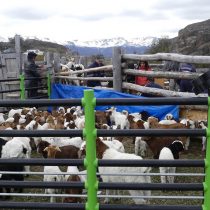
An innovative solution to the property infrastructure that also solves the problem of waste in the silvoagropecuary industry is the one that the company Corrales Chile is developing. The initiative — promoted by the Foundation for Agricultural Innovation (FIA) of the Ministry of Agriculture and funded by the Aysén Regional Competitiveness Innovation Fund (FIC-R) — produces fences and pens for animals with reused plastics produced in the regions of Aysén, Los Lagos, Los Ríos and La Araucanía; so that these synthetic materials are not burned, buried or lead to the collapse of landfills.
The idea is of the marriage composed of Paola Velasco Mora and Cristian Aguila, who started developing mobile pens from new plastics, but who today work on giving value to waste and creating from them, the structures for the protection of property and animals.
Thus, they seek to develop a market model that promotes the circular economy, thus extending the life of the plastic materials that are discarded in the production processes of the sector.
According to Velasco, three types of materials are used for the process: high-density polyethylene (milk containers, detergents, shampoo, buckets, water tanks, fruit boxes, formalin containers and container drums of various chemicals); (adhesive tape, waste bags and film paper) and polypropylene (bazaar items, utensils, agricultural bags and synthetic raffia).
Plastics are clean received and those of chemical origin must meet the requirement of the Triple Washing, in order to receive and select, be crushed into particles of approximate size of two to three millimetres, raw material with which plastic poles and profiles are manufactured (tables and planks). A material resistant to all weather conditions and suitable for drilling, nailing and/or greasing is generated for the construction of multi-site livestock pens, crushing enclosures or perimeters.
In the period April 2019 – 2020, Corrales Chile received 66,384 kilos of plastic. Of which 15%, or 9,930 kg, are from agricultural property and the rest are 15 companies in the agro sector. In both cases, the regions that collaborated in the process, adds Paola, are Aysén, Los Lagos, Los Ríos and La Araucanía.
“Towards the end of the second semester we are going to start a new line of business that we have called ‘Urban Development’ with the creation of new products such as plastic banks, deck’s, mesons, planters and other related products,” says Velasco.
“Plastic is a problem”
This innovation caught the attention of Eduardo Morrison, a farmer from the Los Ríos region for more than 35 years and owner of a dairy – associated with Colun – in the town of Pichirropulli, Paillaco commune.
As you are currently a member of the OfficialLy Certified Animal Plant Program (PABCO) milkman needs to certify the processes of your product.
“The document also requires me to perform my traceability, therefore I cannot come and burn the plastics I occupy or sell them to maybe to whom. This solves a problem that we have all the farmers who want to contribute as little as possible to the pollution of the planet. Even more so when the easy-to-clean material helps my calves (delicate at an early age) not consume bugs that are impossible to remove in the wood,” Morrison says.
The farmer adds that “I trusted a product that I am sure will eventually be much more valued. Unfortunately some farmers have a more retrograde mindset who do not see how useful these kinds of ventures can be.”
In that regard, the FIA representative in the Los Lagos and Aysén regions, Leonardo Russo, argues that “plastic waste produced in the forestry sector is a necessary concern to address from innovation. The initiative responds to improving livestock practices throughout the process with a view to sustainable development, paving the way for modern markets.”

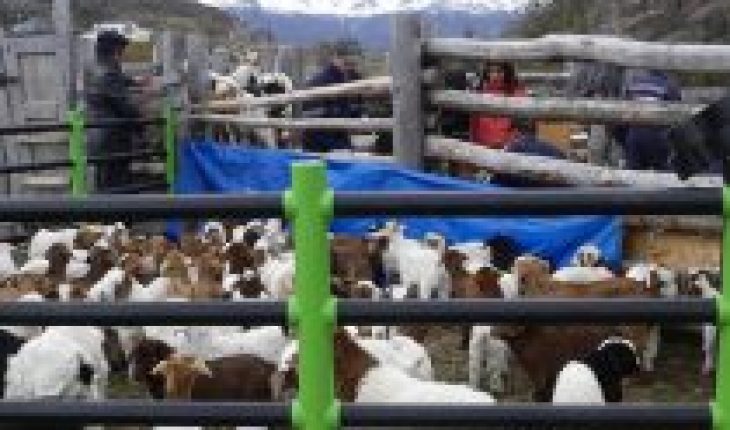
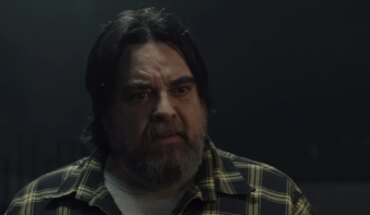
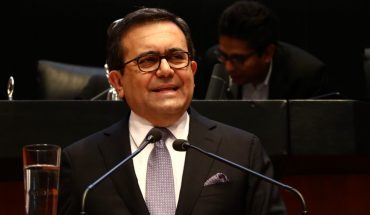
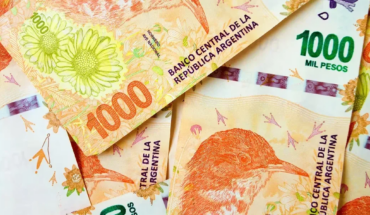
![translated from Spanish: [VIDEO] College of Teachers challenges the Government: “There are no conditions to continue with face-to-face classes” translated from Spanish: [VIDEO] College of Teachers challenges the Government: “There are no conditions to continue with face-to-face classes”](https://ananoticias.com/wp-content/uploads/2021/03/translated-from-Spanish-VIDEO-College-of-Teachers-challenges-the-Government-370x215.jpg)